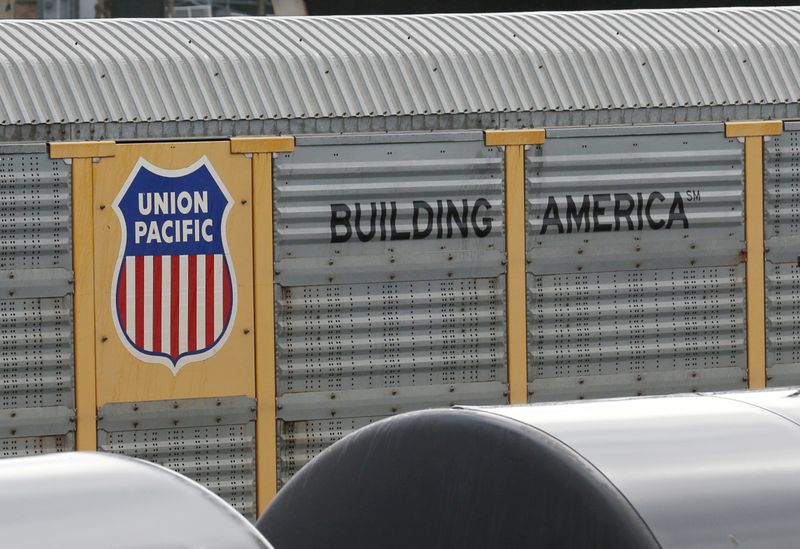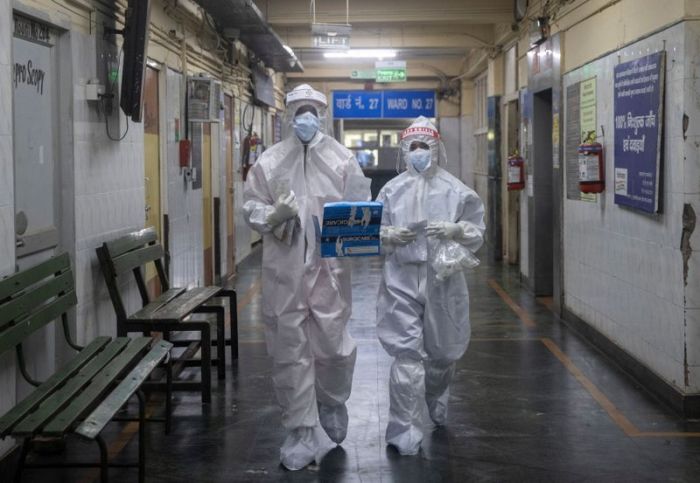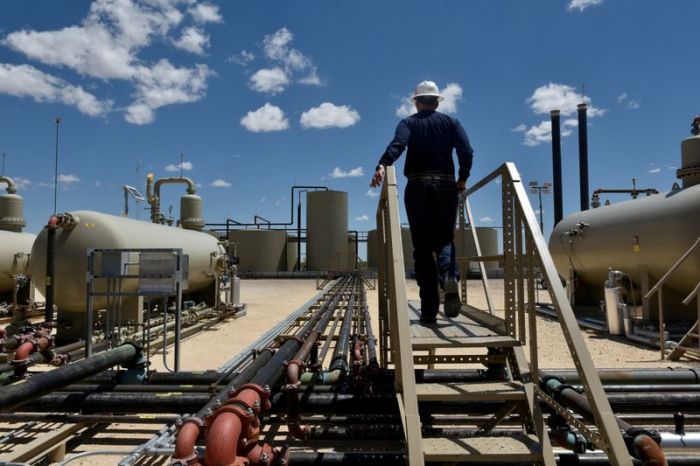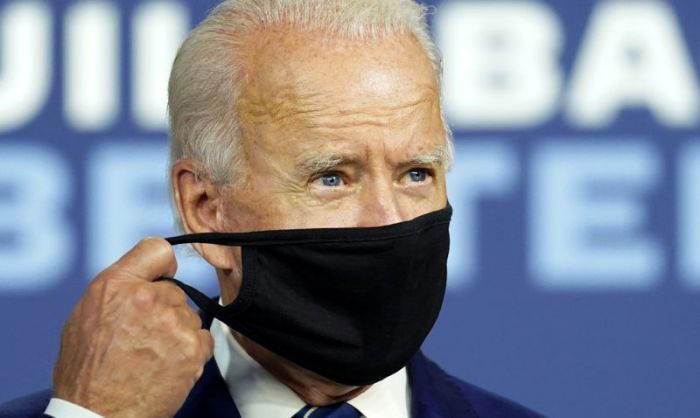(Reuters) – Union Pacific Corp <UNP.N> on Thursday signaled caution on the U.S. economic recovery as a spike in COVID-19 infections forces cities and states to backtrack on plans to reopen businesses that were shuttered to contain the pandemic.
Shares fell 2.4% to $175.04 in early trading after the largest publicly held U.S. railroad operator warned that it expects 2020 carload volumes to be down about 10% versus last year.
While railroad volumes are rebounding from lows seen during the second quarter, “there still remains quite a bit of uncertainty as COVID evolves,” Ken Rocker, executive vice president of marketing and sales, said on a conference call.
Chief Executive Lance Fritz told Reuters he is “constructively optimistic” and expects the second-half recovery to come in “fits and starts.”
The Omaha, Nebraska-based railroad is moving more e-commerce packages and has picked up new business in that booming sector, but significant economic risks remain. Manufacturing and other key industries remain weak and unemployment is ticking higher due to delayed business restarts.
The Omaha, Nebraska-based company hauls coal, industrial products, agriculture goods, chemicals and automobiles across the western United States from the Pacific to the Mississippi River. Its service area includes states like California, Arizona and Texas – which are reporting record COVID-19 infections and deaths.
Union Pacific also reported second-quarter profit that topped Wall Street’s target after it squeezed costs to offset a 20% volume drop in shipments ranging from cars to imported beer.
During the quarter, net income fell 28% to $1.13 billion, or $1.67 per share. Analysts on average had expected earnings of $1.55 per share, according to IBES data from Refinitiv.
Freight revenue fell 24% to $3.97 billion.
Previously announced layoffs capped labor costs, while lower fuel costs reduced operating expenses enough to add 9 cents to the quarter’s earnings per share.
(Reporting by Rachit Vats in Bengaluru and Lisa Baertlein in Los Angeles; Editing by Shinjini Ganguli and Jonathan Oatis)

























